What are brevets and randonnées?
Ultra-distance cycling is a completely atypical modality compared to what we are used to. Long hours on the bike, endless routes and above all, enjoy the road, without rushing or competition are the essence of cycling randonneur, which has its climax with the celebration every 4 years of the Paris-Brest-Paris.
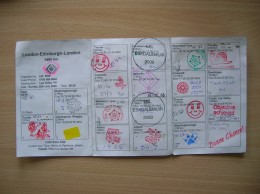
Experience a new dimension of the bicycle through ultra-distance cycling
Frequently regarded as oddballs, randonneurs are perhaps the cyclists who most closely adhere to the traditional essence of cycling as it was practiced at the dawn of the sport in the late 19th and early 20th centuries.
A cycling that reflects the adventurous spirit of these riders, which implies, among other aspects, a total self-sufficiency, to make the routes without any kind of hurry, avoiding any kind of competition and fully enjoying the routes.
RECOMENDADO

Change wheels if you want to transform your bike's behavior
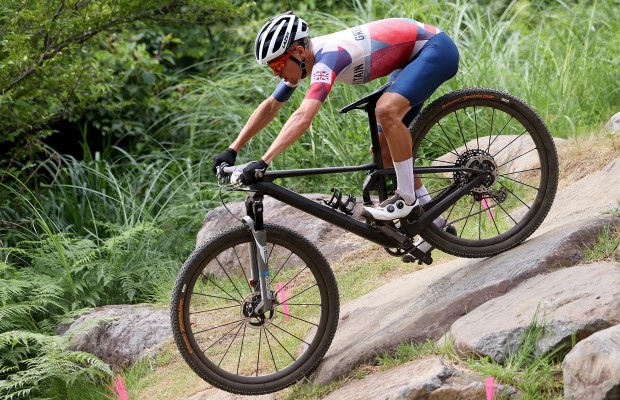
What bike size do you need? Here's how to find out
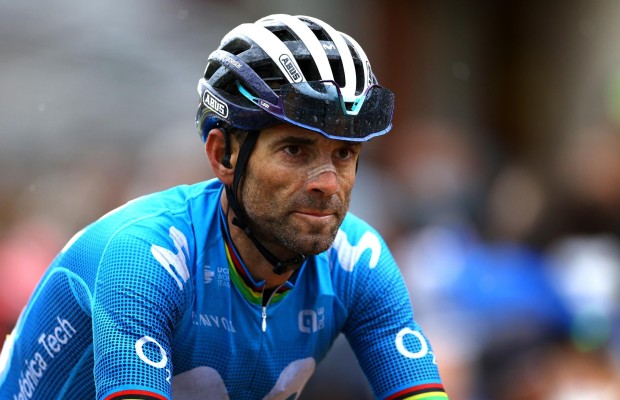
How does age affect performance and recovery?
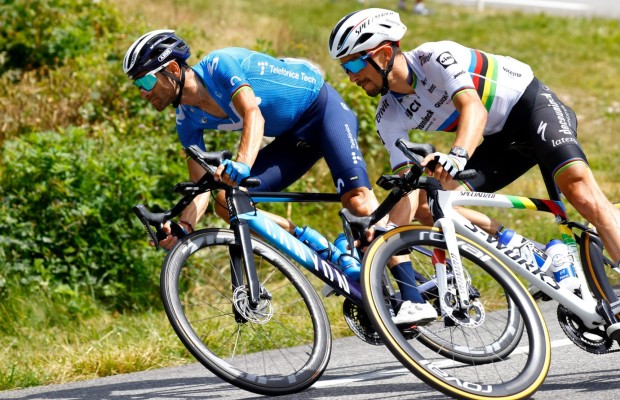
10 tips for safer and faster downhills on road bikes
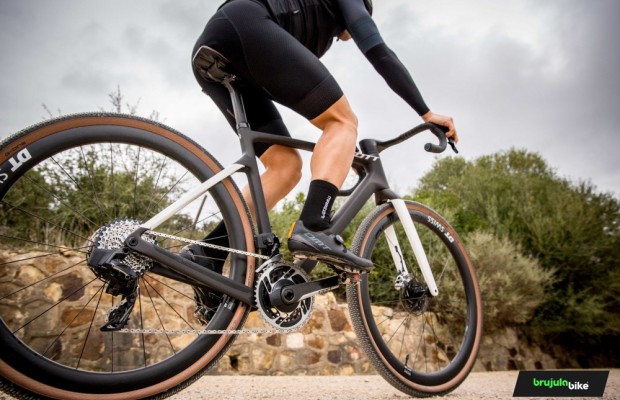
The best gravel groupsets of the moment
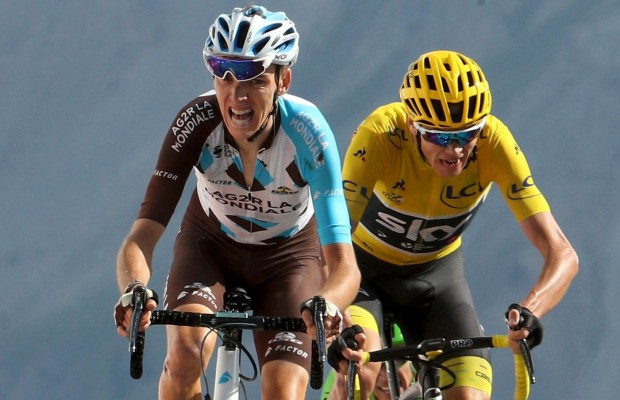
How to lose body fat? Differences between losing weight and losing fat
Among the fans of utradistance cycling you can hear a lot of terms in French that are strange to the common cyclists. The reason is because the epicenter of this practice is centralized in the Audax Club Parisien, organizer of the Paris-Brest-Paris, the most important race of this modality and which approves tests around the world or also called brevets, which serve to certify the aptitude of the cyclist to participate in the Paris-Brest-Paris.

Ultradistance cycling is also often referred to as randonneur cycling as a derivative of the French word randonée which means excursion or trip and is also used as a synonym for ultradistance races also known as brevets.
The Audax Club Parisien also certifies the completion of these tests, awarding some special recognitions, which we will explain in more detail later, such as super randonneur, randonneur 5000 or randonneur 10000, which are obtained by completing a series of objectives.
Paris-Brest-Paris: the queen of ultradistance
As we explained, ultra-distance cycling draws its sources from the cycling that was practiced in the early twentieth century and has its highest expression in the Paris-Brest-Paris, a 1,200 km race that connects the French capital with the city of Brest, the French Finistère located on the coast of Brittany and also includes the return to Paris. It was originally a professional competition when it began to be held in 1891 and continued on the calendar until 1951.
In 1931, the Audax Club Parisien began to organize an alternative version of this race for the fans of this sport who wanted to face the challenge, and it can be considered the origin of cyclotourism. This event is held every 4 years and consists of covering the same 1,200 km as the original in a maximum time of 90 hours. By the way, the 20th edition of the race will take place between August 20 and 24, 2023.
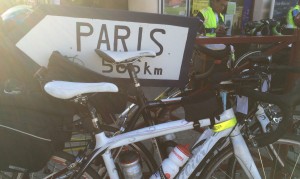
The whole randonée universe starts to be built around this race, since the Audax Club Parisien establishes a series of tests or brevets that have to be done prior to the participation in the Paris-Brest-Paris and that serve to certify that the cyclist is ready to face the challenge of riding 1,200 km. These brevets are also organized outside France through different clubs approved by the Audax Club Parisien.
The Paris-Brest-Paris race is very simple: the cyclists start the race when they wish in a time range fixed by the organization and follow the route to Brest, having to pass through a series of checkpoints where they must stamp the route card provided by the organization and which serves to certify the completion of the route.

In these controls, an opening time range is also established, so there is little point in rushing if when you arrive at the control it is not yet open, which serves to ensure the non-competitive development of the test that characterizes the ultra-cycling. If the maximum time to complete the Paris-Brest-Paris is 90 hours, the minimum time in which it can be completed is 43 hours and 32 minutes, which means an average speed of 28 km/h.
Although self-sufficiency is an essential part of the concept of these races, over the years, the Paris-Brest-Paris has given in to reality and has ended up allowing cyclists to have support vehicles that must be accredited and can only assist at a checkpoint.
The qualifying brevets
As the attraction for Paris-Brest-Paris grew around the world, qualifying brevets began to be organized in various locations, events that must be approved by the Audax Club Parisien to be valid events for qualification.
Anyone wishing to participate in the Paris-Brest-Paris must complete a series of brevets during the same year in which the race is held. The mere completion of the complete series of brevets already implies to obtain from the Audax Club Parisien the recognition as Super Randonneur.
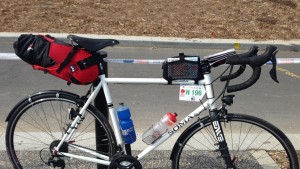
The qualifying series consists of at least one 200 km, 300 km, 400 km and 600 km brevets, which are implicitly a preparation for Paris-Brest-Paris itself. In addition, as an extra, some clubs organize brevets of up to 1,000 km. In any case, these events continue to be organized in the years in which Paris-Brest-Paris is not held, and serve as a qualifier for other randonnées such as London-Edinburgh-London, Boston-Montreal-Boston or Madrid-Gijón-Madrid, which is held in Spain.
These tests are used to obtain other types of recognition by the Audax Club Parisien such as the Randonneur 5000, for which it is necessary to perform the series of Super Randonneur brevets and add the completion of the Velocio Arrow or an equivalent test.

The last step to obtain the Randonneur 5,000 will be to participate in the necessary tests to obtain a total of at least 5,000 km.
Similarly, the Randonneur 10,000 recognition adds to the requirements of the previous one the participation in a Super Randonée such as the Paris-Brest-Paris and a total of 10,000 km in approved tests.
If you want to get into the world of randonneur cycling, surely you have a club near you that organizes this type of events that are completely away from the commercial spectacle and fully competitive concept of the usual cycle touring rallies.